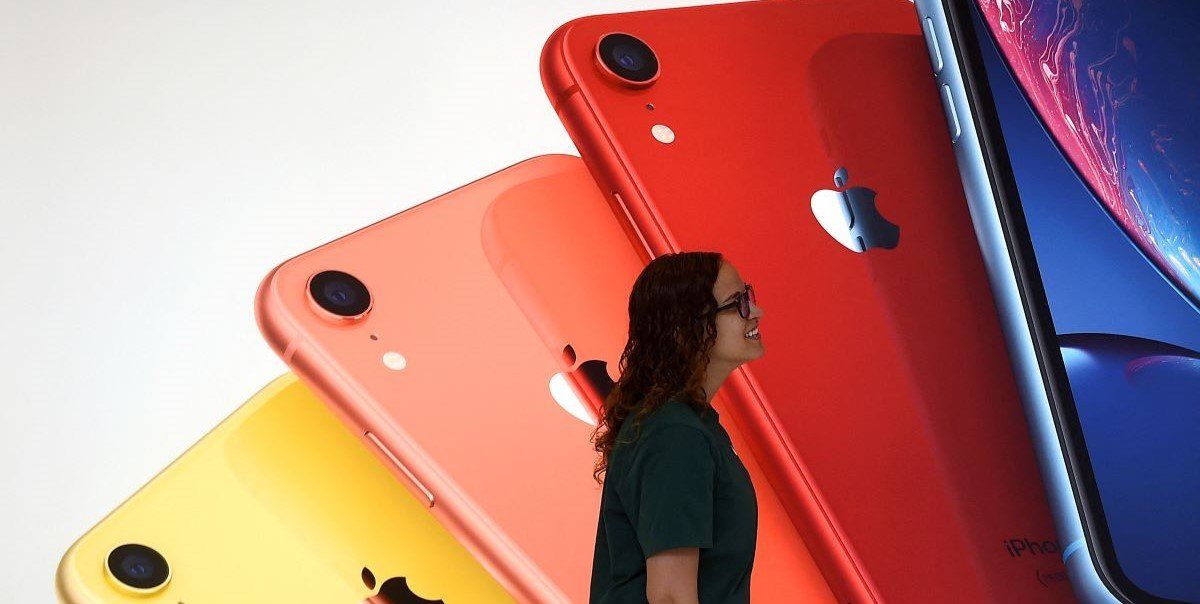US tariffs on China are now a staggering125%. That affects thousands of goods produced in China, but let’s take a look at one, which may be in your pocket or your hand right now: the iPhone.
CBS Newsreports that the price of an iPhone 16 Pro Max with 256GB of storage, which currently retails for $1,199, would climb to nearly $1,900. And that’s at the present tariff rate, which may rise further as the US-China trade war intensifies.
What about the longer term price impact? Trump’s stated goal is to have more iPhones — and other goods both high-tech and not — made in the US. High tariffs are meant to force the long-term, mass “reshoring” of manufacturing.
In principle, that’s possible, but it would come at a cost: Experts predict that a US-made iPhone could cost as much as $3,500 — and only after years of investment in new factories and workforces.
Apple recently announced it would invest $500 billion in the US, money the company said will not include manufacturing iPhones there. The White House, for its part, says it will. Watch this space…
Meanwhile, Apple is already accelerating shipmentsof iPhones to the US as consumers rush to buy before prices soar.
